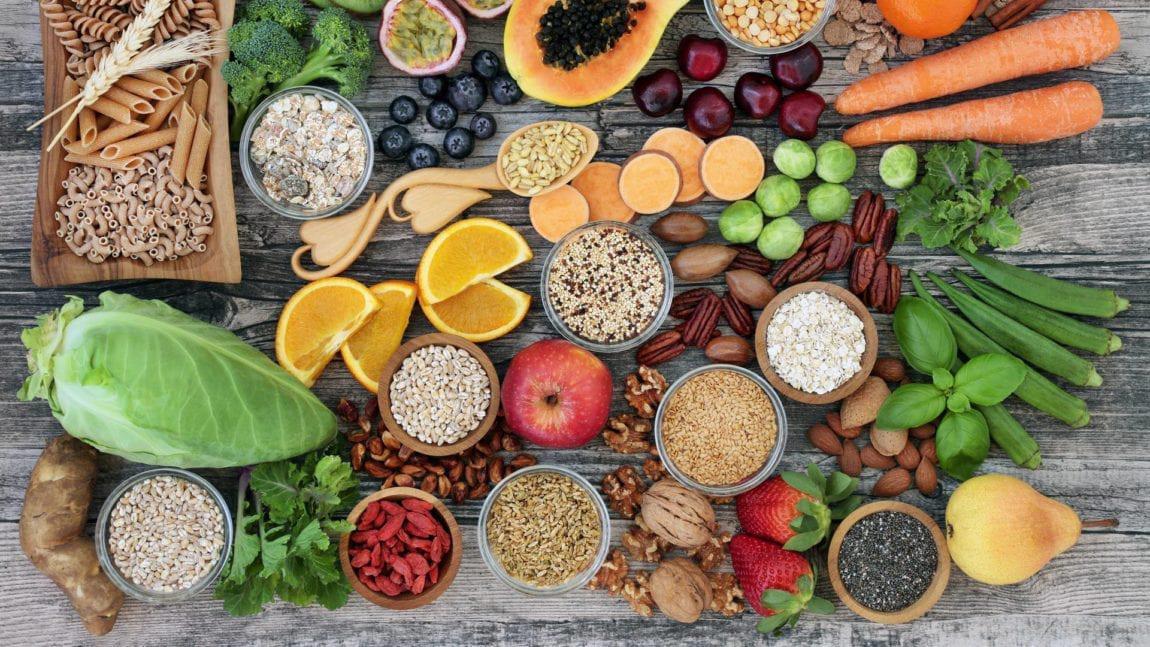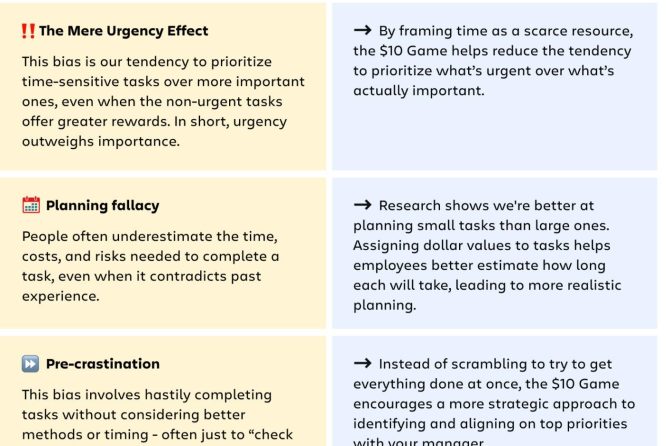Golf is a demanding sport that requires a combination of physical and mental skills. Nutritional guidance plays a crucial role in optimizing performance, particularly for beginning golfers. This article aims to provide evidence-based nutritional recommendations to support the specific needs of novice golfers, enhancing their training and competitive success.
Nutritional Support for Optimal Performance and Recovery
Proper nutrition plays a crucial role in enhancing performance and facilitating recovery for golfers of all levels. A well-balanced diet provides the energy, macronutrients, and micronutrients necessary to optimize athletic abilities and reduce the risk of injury.
During Golf Play:
Hydration: Stay adequately hydrated throughout the round by consuming water or sports drinks regularly. Dehydration can impair focus, endurance, and swing power.
Energy Boost: Fuel your body with carbohydrates to provide sustained energy. Consider consuming sports gels, energy bars, or bananas before and during the game.
Post-Golf Recovery:
Protein: Consuming adequate protein after golf helps in muscle repair and recovery. Good sources include lean meats, dairy products, or protein shakes.
Antioxidants: Fruits and vegetables rich in antioxidants, such as berries, spinach, and nuts, help reduce inflammation and aid recovery.
* Refueling: Replenish glycogen stores within two hours of finishing your round with a balanced meal containing carbohydrates, protein, and healthy fats.
Dietary Considerations for Improved Energy Levels and Focus
Hydration for Peak Performance: Staying hydrated is crucial for optimal brain and body function. Aim to consume water or electrolyte-rich beverages before, during, and after golf rounds to prevent fatigue and enhance cognitive function. Dehydration can impair concentration and lead to decreased energy levels, so make hydration a priority throughout your golfing journey.
Fueling for Focus and Energy: Provide your body with sustained energy by consuming a balanced diet that includes:
- Complex carbohydrates like whole grains, brown rice, and oats for slow-release energy
- Lean protein sources like grilled chicken or fish to support muscle recovery and reduce post-round soreness
- Fruits and vegetables for essential vitamins, minerals, and antioxidants, which promote overall well-being and enhance mental clarity
Dietary Supplements for Enhanced Performance: Consider incorporating targeted dietary supplements into your nutrition plan to support specific performance needs, such as:
| Supplement | Potential Benefits |
|---|---|
| Creatine | Improves muscle power and energy production during short bursts of activity |
| Caffeine | Enhances alertness, focus, and energy levels |
| Beta-Alanine | Supports muscle endurance and reduces fatigue |
Note: Always consult with a healthcare professional before incorporating any dietary supplements into your routine to ensure they align with your specific health needs and goals.
Hydration Strategies for Enhanced Endurance and Performance
Maintaining optimal hydration is crucial for beginner golfers to maximize their endurance and performance on the course. Dehydration can lead to fatigue, decreased concentration, and impaired physical capabilities, hindering shot accuracy and overall gameplay.
To combat dehydration, beginners should implement a comprehensive hydration plan that includes:
Establish a Baseline: Determine the daily fluid requirement based on factors such as body weight, activity level, and ambient temperature.
Hydrate Regularly: Sip fluids at consistent intervals throughout the day, even if not actively sweating.
* Choose Electrolyte-Rich Options: Opt for sports drinks or electrolyte-infused water to replenish minerals lost through sweat.
Table 1: Recommended Fluid Intake Guidelines for Golfers
| Activity Level | Fluid Intake |
|—|—|
| Low | 16-24 oz per hour |
| Moderate | 24-32 oz per hour |
| High | 32-48 oz per hour |
Additionally, it’s essential to consider the environment during gameplay. Hot and humid conditions increase sweat rates, necessitating more frequent hydration. Beginners should seek shade, dress in breathable clothing, and consume cool beverages to mitigate heat-related dehydration.
Supplementation: Exploring Options and Timing Considerations
Supplements can enhance performance, promote recovery, and optimize overall well-being. However, determining the ideal ones and timing for beginning golfers requires careful consideration.
Exploring Options:
- Creatine: Improves muscle strength and power, contributing to improved swing speed and accuracy.
- Beta-alanine: Buffers lactic acid accumulation, enhancing endurance and reducing muscle fatigue.
- Electrolyte drinks: Replenish electrolytes lost during play, preventing dehydration and muscle cramps.
- Antioxidants (e.g., vitamin C, E): Counteract oxidative stress induced by exercise, promoting recovery and reducing muscle damage.
Timing Considerations:
- Pre-workout: Creatine and beta-alanine benefit muscle function when taken 30-60 minutes before playing.
- Intra-workout: Electrolyte drinks are essential throughout play to maintain hydration and electrolyte balance.
- Post-workout: Antioxidants support muscle recovery and tissue repair best when consumed within 30 minutes of playing.
| Supplement | Timing | Benefits |
|—|—|—|
| Creatine | 30-60 minutes pre-workout | Enhanced muscle strength and power |
| Beta-alanine | 30-60 minutes pre-workout | Reduced muscle fatigue and improved endurance |
| Electrolyte drinks | During play | Prevented dehydration and muscle cramps |
| Antioxidants | 0-30 minutes post-workout | Promoted muscle recovery and reduced muscle damage |
Nutritional Pitfalls: Identifying and Mitigating Common Dietary Challenges in Golf
Golf, like any sport, poses unique nutritional challenges. Understanding these pitfalls can empower budding golfers to tailor their diets for optimal performance.
Not Prioritizing Pre-Round Nutrition
Skipping or inadequately fueling up before a round can lead to early fatigue, impaired focus, and compromised coordination. A balanced meal 2-3 hours prior, rich in carbohydrates, healthy fats, and protein (e.g., oatmeal with berries and nuts), provides sustained energy and minimizes potential crashes.
Ignoring Hydration
Dehydration, even mild, can significantly impact performance in golf. Staying adequately hydrated by consuming water or electrolyte-rich drinks throughout the round is essential. Avoid sugary beverages, as they can paradoxically dehydrate. Dehydration charts and apps can help track fluid intake and alert for potential concerns.
| Hydration Level | Symptoms | Performance Impact |
|---|---|---|
| Mild dehydration | Increased heart rate, decreased muscle power | Marginal drop in accuracy and distance |
| Moderate dehydration | Headaches, fatigue, impaired decision-making | Reduced focus and precision, increased errors |
| Severe dehydration | Dizziness, nausea, heatstroke | Significant impairment, potential collapse |
Conclusion
adhering to sound nutritional practices plays a pivotal role in optimizing performance for beginning golfers. A balanced diet, rich in essential nutrients and macronutrients, provides the necessary sustenance for physical exertion, recovery, and overall well-being. By incorporating the principles outlined in this article, aspiring golfers can fuel their bodies appropriately, enabling them to maximize their potential on and off the course. As they progress in their golfing journey, continued attention to nutritional guidance will undoubtedly contribute to sustained success and enjoyment of the sport.





